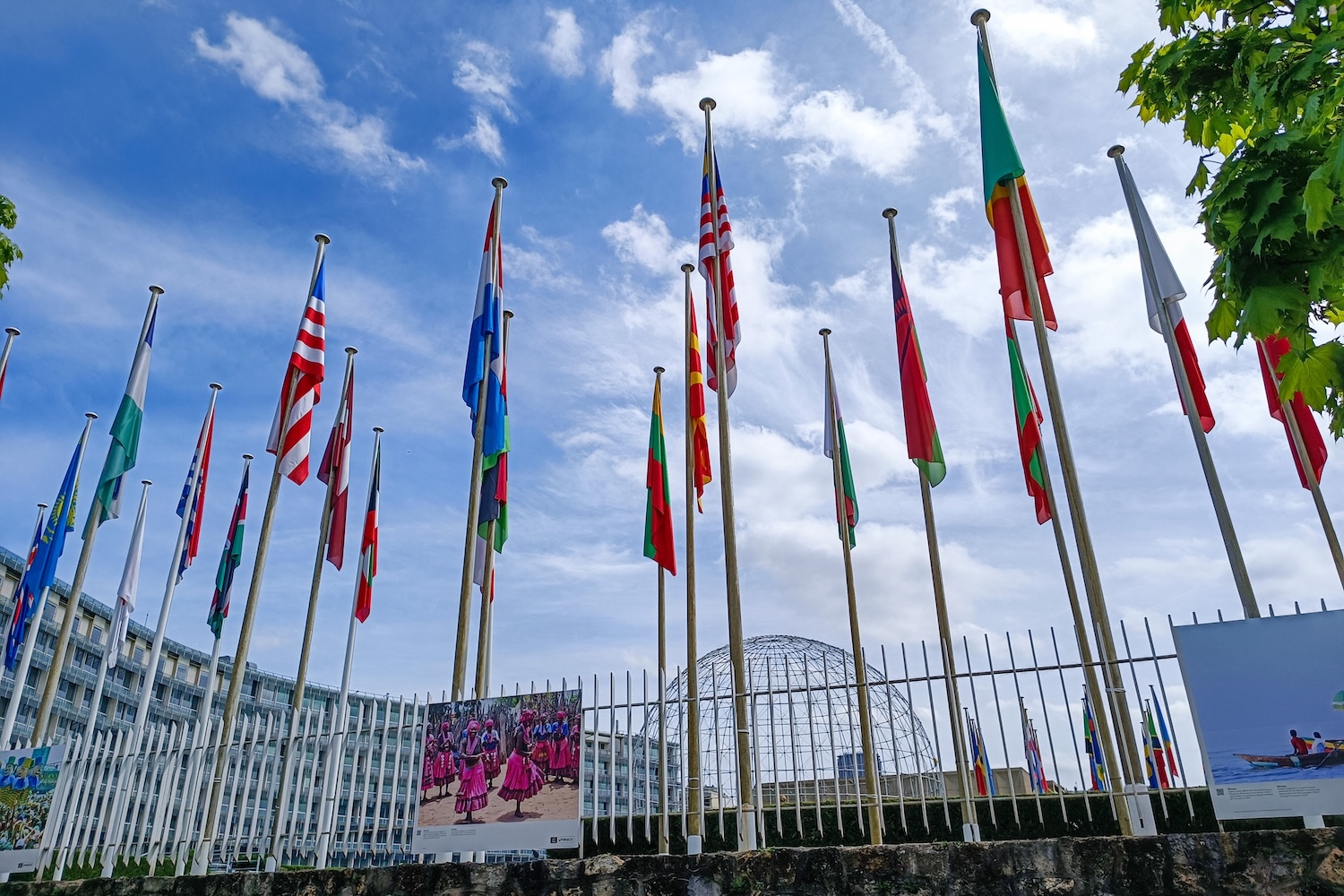On July 22, 2025, the Trump administration announced that the United States would withdraw from the United Nations Educational, Scientific, and Cultural Organization (UNESCO). This marks the second U.S. withdrawal from the agency in less than 10 years. Per The New York Times, State Department spokesperson Tammy Bruce stated that UNESCO “is not in the national interest of the United States.”
She criticized the organization for promoting what she called “divisive social and cultural causes.” The U.S. had rejoined the agency only recently. The Biden administration reinstated the country’s membership in UNESCO in 2023 and agreed to pay more than $600 million in overdue dues. According to UNESCO Director-General Audrey Azoulay, the U.S. will remain a full member until December 31, 2026.
What UNESCO Is And Why The US Is Leaving
UNESCO is best known for its World Heritage Programme. The program identifies and protects cultural and natural landmarks worldwide. There are currently more than 1,200 World Heritage sites globally, with 26 in the U.S. These include the Statue of Liberty, Yosemite National Park, and the Grand Canyon. Sites on the list are eligible to receive international funding for preservation and conservation.
The Trump administration cited several reasons for withdrawing from UNESCO. Bruce pointed to the agency’s “outsized focus” on the UN’s Sustainable Development Goals. These goals include combating poverty, promoting gender equality, and expanding access to clean energy. Bruce called them “a globalist, ideological agenda for international development at odds with our America First foreign policy.”
Another reason was UNESCO’s 2011 decision to admit Palestine as a member state. “UNESCO’s decision to admit the ‘State of Palestine’ as a Member State is highly problematic, contrary to U.S. policy, and contributed to the proliferation of anti-Israel rhetoric within the organization,” Bruce said. That decision also contributed to Trump’s first withdrawal from UNESCO in 2018.
Reactions To The Withdrawal
UNESCO Director-General Audrey Azoulay said the decision was expected but disappointing. “This decision contradicts the fundamental principles of multilateralism and may affect first and foremost our many partners in the United States of America — communities seeking site inscription on the World Heritage List, Creative City status, and University Chairs,” Azoulay said.
Israel’s Foreign Minister Gideon Saar praised the move on social media. He called it “a necessary step, designed to promote justice and Israel’s right for fair treatment in the UN system.” UNESCO pushed back on the accusations. The organization denied unfair treatment toward any members and noted that U.S. contributions make up only about 8 percent of its budget.





